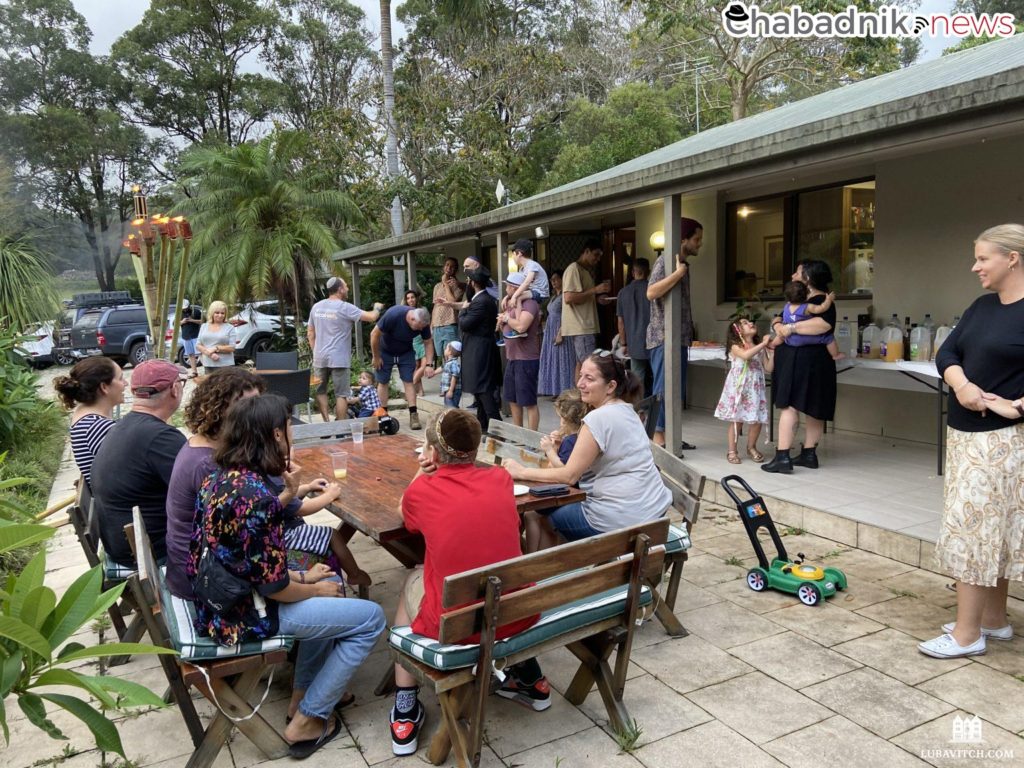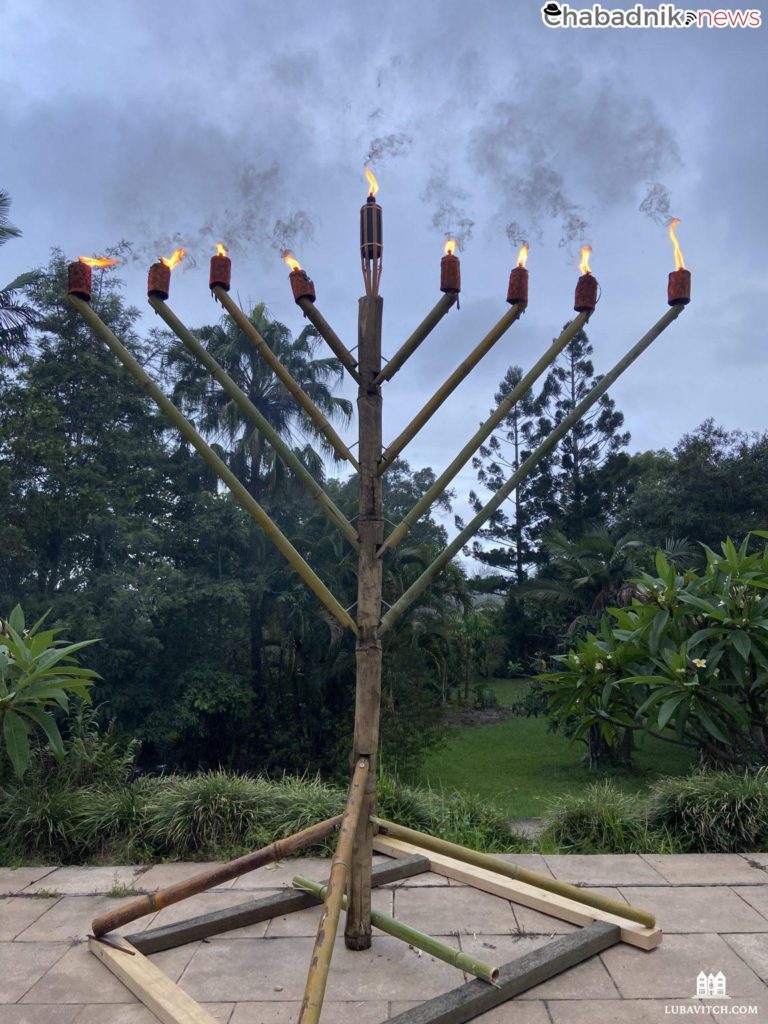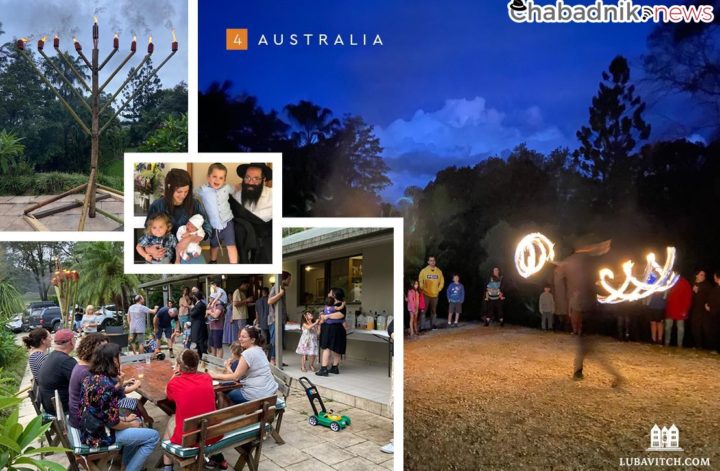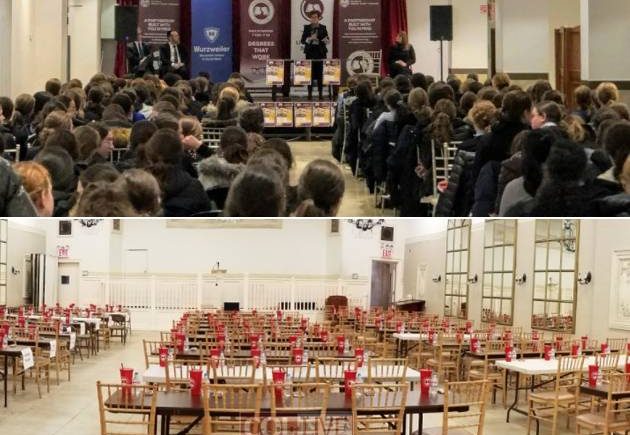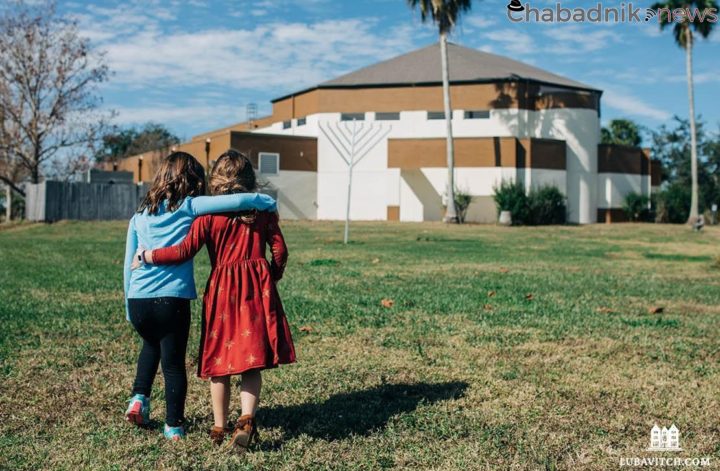Off The Beaten Path: Chabad Houses You Didn’t Know Existed, Part 3
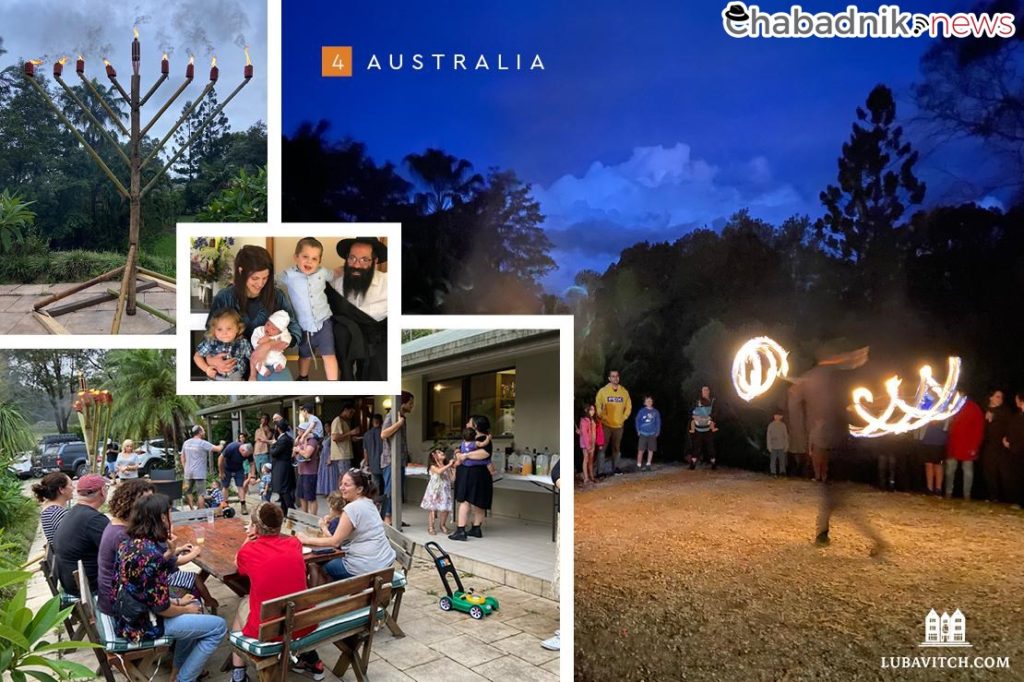
Chabad Of Byron Shire, Australia
Like your typical secular Israeli, Inbar joined the Israeli Defense Forces as a teen. When she hung up her olive-green uniform and rifle for the last time, she headed east, trekking through the outlying towns and teeming cities of India and Nepal. Along her journey, Inbar encountered something she hadn’t explored in her native land. Chabad centers along her route offered up a Judaism that was accessible and inviting. And Inbar was intrigued.
A decade later, after a stint in a Jerusalem seminary, Inbar now lives with her husband, Rabbi Tomer Ben Harosh (also a former IDF soldier), their three little boys, and eight chickens on a lush, sprawling property at the edge of Mullumbimby in the northeastern corner of New South Wales. The greater area, called Byron Shire, is the epicenter of counter-culture here in Australia. Many Israelis come for the surfing, the expansive nature and wildlife, and the vibrant arts scene. Knowing exactly what it’s like as a backpacker gives the Ben Haroshes an edge in helping Jews explore what they didn’t know they were looking for.
“Everyone comes here looking for something. We’re here to present Judaism in a real, relevant way,” Inbar says.
Shavuot marked the family’s first anniversary living in the bush. In their one year here, they have hosted hundreds for Shabbat and holiday services and meals, established a small Hebrew school, and engaged visitors through classes and one-on-one conversations. They also help with all the practical hitches that accompany travelers. Rabbi Tomer can be found repairing guests’ motorhomes and cars or helping pitch tents as often as he expounds on the weekly Torah reading. On Fridays, Inbar prepares enormous amounts of dough to be shaped into challahs, the only kosher bread available, for her husband to distribute up and down the coast. When a new mother gives birth, or there is a similar need, Inbar stocks their fridges with fresh kosher meals. Their large freezers are filled with kosher meat and milk, shipped frozen from Melbourne, for the community. As the months pass, Inbar proudly notes more and more people dipping into their kosher stash.

Life in the remote bush isn’t always easy. Mail isn’t delivered to the Ben Haroshes door. They must trek into the nearby town to pick up the post. Living on the outskirts of civilization, their home is not attached to municipal water or sewage systems. Water is collected in giant tanks outside and pumped through the house. Until they devised a Shabbat-friendly way to use the electrical water pump, they went without tap water on Shabbat.
But it’s not these quirks that are the most taxing. “It’s not having a place to put my children in,” Inbar shares. “My biggest obligation is educating and caring for them and giving them what they deserve.” Inbar imports educational materials from Israel and confers with colleagues in similar remote regions on best teaching practices under the circumstances. Ultimately, she assumes, her children will join the successful Chabad online school to both study and socialize with peers.
“My mom wishes we didn’t choose the farthest place to live from her, with her grandchildren so far away. But she is happy when she sees us happy. And we are happy. We understand the visitors’ minds and hearts. We can feel them, where they are, where they’re coming from. And hopefully help them on their path where they’re going.”
This article appeared in the Lubavitch International Magazine – Summer 2021 issue. To subscribe and gain access to previous magazines please click here.
